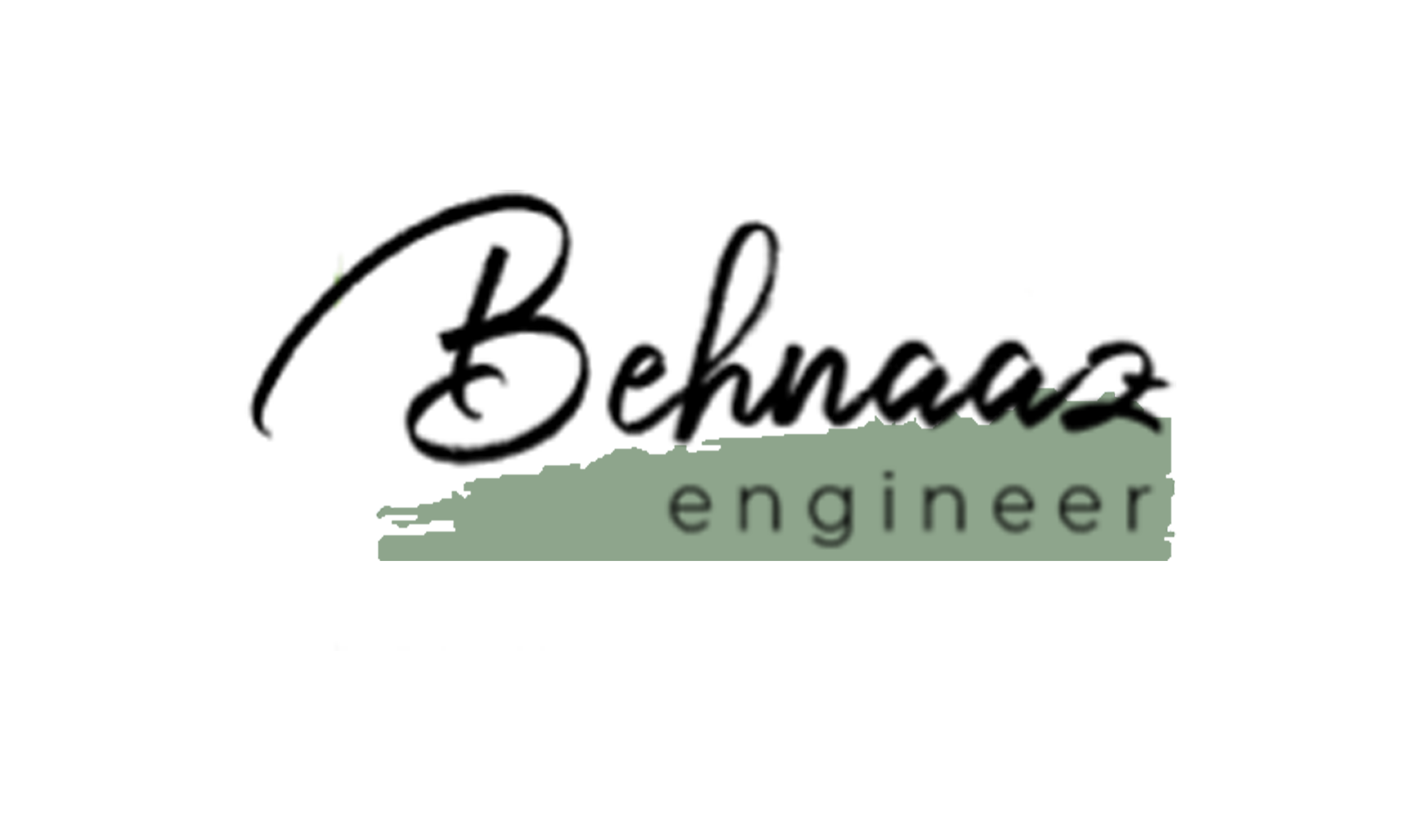Team
Coaching
The Team Steps Up, when each one's Inner Critic steps back.
What is team coaching?
Team coaching involves a single coach working with a group of vibrant individuals—each with unique talents, inner narratives, and perspectives—coming together not just to meet objectives, but to evolve how they think, relate, and respond.
This is more than just another group meeting. It’s a space to pause the rush, tune into the internal dialogues shaping your team dynamics, and build new ways of thinking and working—together.
Through this process, we stretch collective capabilities, expand mental maps of one another, and collaborate with more intention, empathy, and clarity.
What are the results of working with a team coach?
Communication gets cleaner. As team members shift their inner dialogue, they speak with more clarity and listen without defensiveness—reducing friction and second-guessing.
Collaboration deepens. People stop operating in silos and start holding space for one another’s strengths, challenges, and context.
Progress becomes grounded. Instead of rushing, your team moves with clarity and shared ownership—making momentum easier to sustain.
What does a professional team coach do?
A team coach partners with an established team to surface unseen dynamics, reset patterns that aren’t serving the group, and facilitate a more conscious, aligned way of working.
As your team coach, my role is to help your team listen—not just to each other, but also to themselves. Because the way we speak to ourselves shows up in how we speak to others. The healthier the inner dialogue, the more constructive the collaboration.
We’ll explore questions like:
-
Are team members aligned not just in goals, but in how they show up for one another?
-
Are internal assumptions and judgments affecting how feedback is given or received?
-
Does the team know how to pause, reflect, and regroup when emotional or interpersonal friction arises?
Together, we’ll identify where trust flows and where it leaks. We’ll make space for every voice, create honest feedback loops, and help the team move from reactive to reflective—building relationships that feel grounded, not just functional.
What doesn’t a team coach do?
A team coach is not a strategist or performance evaluator. I’m not here to direct or instruct, but to mirror and guide. The team doesn’t report to me.
I’m not the center of the process—but I am present to challenge blind spots, facilitate difficult conversations, and help the team find clarity in the places they’ve been stuck.
My role is to create the space where the team learns to listen more deeply—to themselves and to each other—and lead more consciously from that place.
